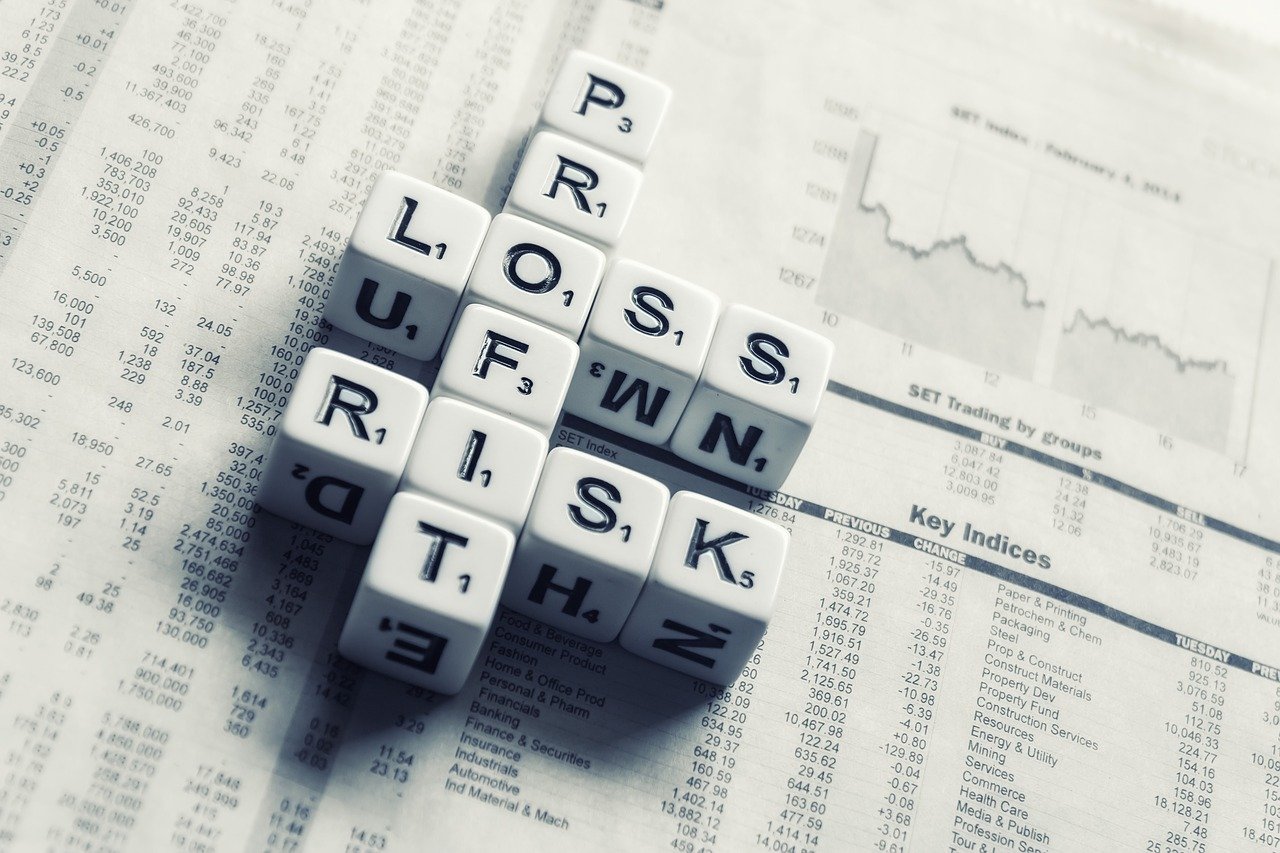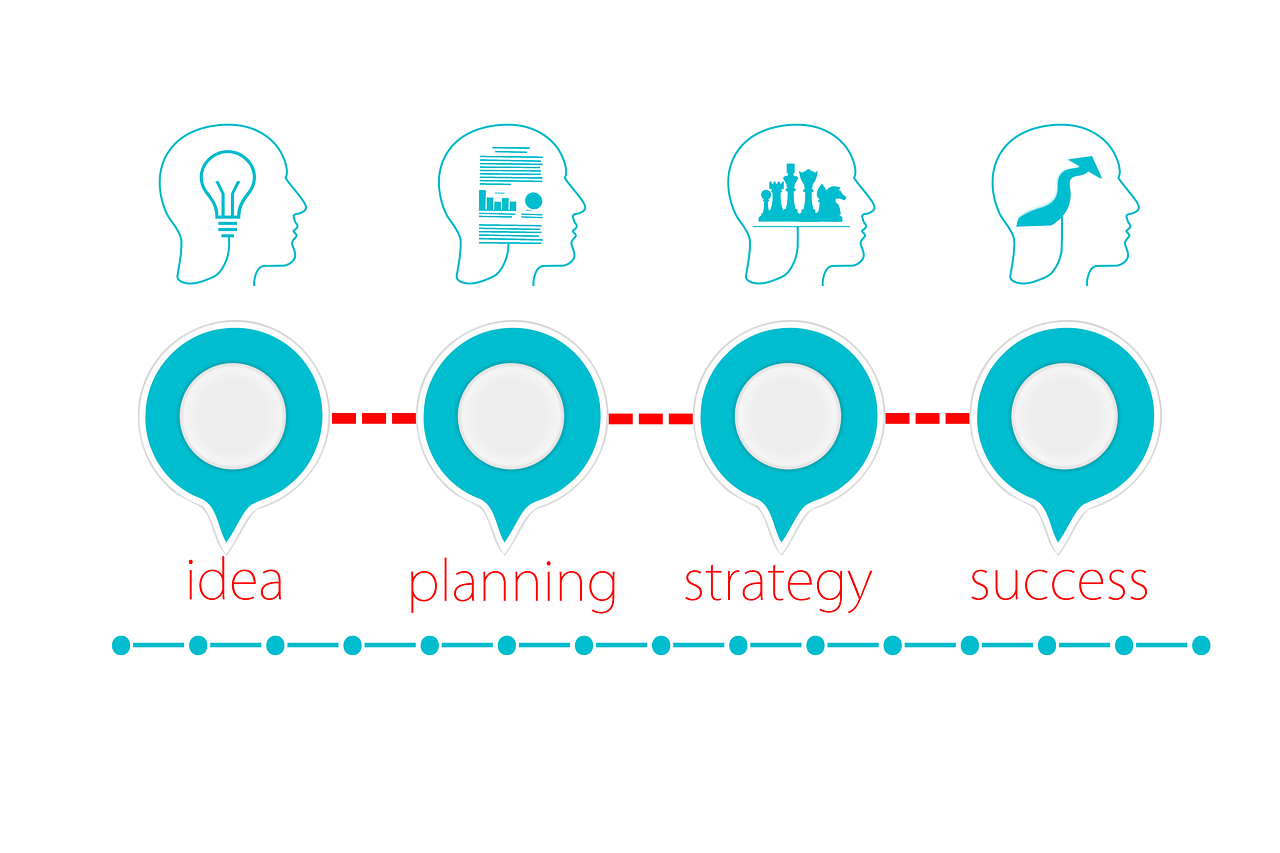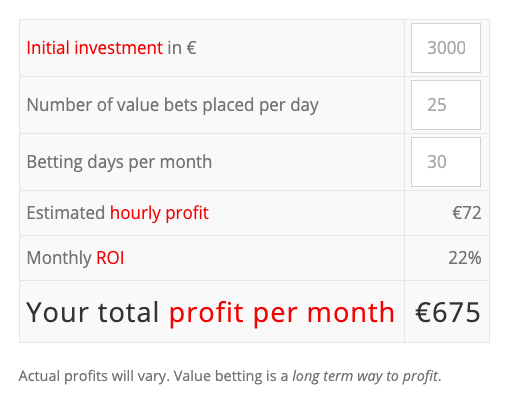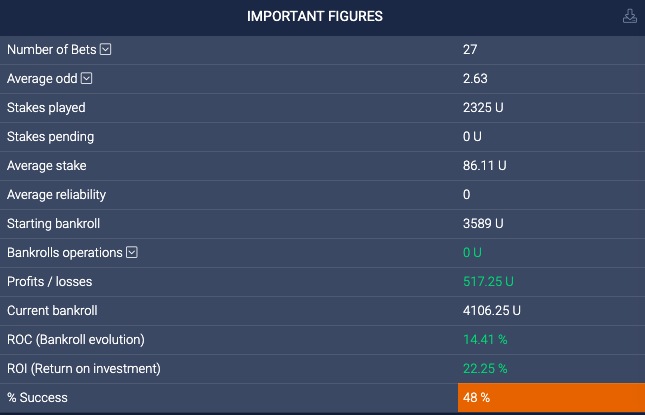Tetbet review - where crypto meets betting
Perfect combination of crypto, sports and betting. One-stop to fit all your sports fan needs, matched with an excellent welcome bonus that is easy to unlock.


So many people spend their whole lives in bad-carpet-covered betting places, listening to outdated takes on sports from fellow bettors, getting milked for tips by the attractive waitress and yet never get to understand key principles of betting. The same goes for the digitalized bettors who end up watching countless rows of decimal number odds on their screens. Profitable science of value betting is an unknown world to them.
Even though it’s clear that if you don't know what value betting is, you're gambling. If you do, you're investing.
Value betting is a principle in which the bets are placed based on odds that are higher than they ought to be.
This rare but regular occurrence happens when the probability of an outcome is higher than the bookmaker predicts it is. Such an event can happen because of a myriad of reasons will go through in this extensive guide to value betting.
Probabilities are odds and are represented by them. They are the numerical depiction of a chance for something to happen. The higher the chance of an outcome happening, the lower the odds. The lower the chance of an outcome happening, the higher the odds.
Value betting is finding a mistake in the oddsmakers depiction of chance and betting on that miscalculation.
Luck is what happens when preparation meets opportunity. Seneca
Still unclear about what is probability? That’s ok, these things can be a bit abstract at first before it clicks and sets in.
Betting as such involves assessing the likelihood of an event happening, from 0% that it will happen, to 100% certain it will happen. Think Bangladesh winning the World Cup compared to Brazil qualifying for one.
Bookmakers assess real-world information and based on their estimate decide the probability of a specific outcome happening. Then they convert it into odds. An odd of 1.55 means the probability of the outcome happening is 64.5%
Odds don’t determine the probability of an outcome. Probability determines the odds of an outcome. When odds offered bu a bookmaker is higher then real odds, you have found a value bet.
The very first step in becoming an educated bettor is understanding that the odds are not the beacon that determines the feasibility of an outcome.
Odds are not laws of nature. They are man-made estimates.
In value betting the bettor is trying to find a crack in the oddsmakers armour and profit of it. Find an error and turn it into a winning ticket.
After going through various ways of defining value bets, the next logical step is to find them in the non-theoretical world.
There’s a hard, demanding, and manual way of finding value bets and there’s an easy, approachable, automated way.
The manual way of finding value bets requires for the bettor to take the time to make his own odds and compare them to the offering of the betting places.
For such a task to be completed with precision a person would need to have extensive knowledge of mathematics, statistics, and sports.
While the need to calculate and move quickly would be imperative at all times. As badly picked odds rarely stay that way for long. Usually bookies catch their miscalculations eventually.
Finding enough value bets to get to a significant profit will require either a team of highly knowledgeable, analytic, level-headed people, or an extreme dedication by a multi-talented person.
Try and gather enough information for one match to see for yourself. Then utilize equations with the variables you’ve collected and turn them into odds. Now find a betting place that has higher odds than you and place a bet on it. That’s manual value betting.
Some mathematics and statistics wizards automate their individual quests for value betting through Excel tables and fasten the process. Yet, achieving that is an even more complex feat.
Luckily, there is an easier way of finding value bets.

As similar mathematics and statistics masters have created programs to do the work for the users.
These can be expensive to utilize but pay off in money earned and time saved. Of course, you’re then betting that one person knows better than the person who is the oddsmaker.
That their calculation resulting in a higher odd is more accurate than the oddsmakers’ lower odd. There lies the value.
Programs having a good reputation amongst professional bettors or a positive public track record is needed to choose the right brainy horse to bet on.
An even easier way of finding value bets demands knowledge of sharp bookies and soft bookies.
As every group deeply involved in a niche, betting enthusiasts have their own slang that makes communication easier and specific. Although at first looking at so many new phrases will seem confusing to a person just entering the field.
Specific terms used are there for a reason and shorten the time needed for spreading information and increase its accuracy.
Few phrases are more important than those of sharp bookies and soft bookies.
Not all bookmakers are equal.
By the way, “oddsmakers” is a synonym for “bookmakers” with the latter being used more in the United States and the former across Europe.
Interestingly, the distinction between sharp and soft bookies has a geographical nature as well.
Simply enough, the betting industry is most developed in Asia.
Almost all professional bettors, betting syndicates, and companies who invest in sports betting are located in Asia.
Obviously, we are thinking of the far east and the southeastern part of the continent. Not Muslim countries like Iran or Pakistan as gambling is prohibited by the Quran.
Asia is so fertile for betting activities because of the favourable way of conducting the business of gambling.
There are few or no limits, successful players are not banned, and the status of bettors is higher in general.
Such congregations of pro bettors have made the companies working there sharp in conducting their business.
It's common knowledge amongst serious bettors that the betting companies operating in Asia have the most accurate odds
They also have the shortest reaction times to large amounts of pay-ins arriving on a particular outcome, changing the odds.
The automated algorithms that decide the odds are changed in a matter of seconds based on the information arriving from the sports world and also based on the money coming in for particular picks.
As everything is so tightly and effectively done - these companies are called sharp bookies by the community. Primarily because of their ability to accurately pick the odds.
Examples of sharp bookies are Pinnacle, SBO, IBCbet, BetISN, Singbet and so on.
On the other end are the soft bookmakers.
These companies are focused more on the casual bettors and often limit the winnings, close accounts of successful players.
But what makes them soft bookmakers is their lag in changing odds.
Odds movement is significantly slower than at sharp bookmakers.
It's in this time difference between the odds being changed at sharp and soft bookmakers that lays the easiest opportunity for value betting.
Sharp bookmakers are the best bookmakers to compare odds, but the worst bookmakers to bet at.
Any odd you can get that is better (higher) than the odds sharp bookies have is a value bet.
It’s worth mentioning that some sharps are better than others at setting odds for certain sports.
Las Vegas is considered the fight capital of the world so the sharp bookmakers from this city like casinos are an authority for mixed martial arts fights or boxing.
While you could check for differences between odds of sharp bookmakers and soft bookmakers with your own two eyes, that process is strenuous, tedious, and dull. It’s also hard as soft bookmakers don’t leave their bets unchanged for too long and the time frame allowing for value betting is not long.
This is particularly impossible in live betting where there’s the smallest window of opportunity.
Not to mention the fact that value betting could be done through automated processes.
Some value betting services detect opportunities for value betting by finding differences between odds of sharp bookmakers and soft bookmakers. Alerting their users of an opportunity for value betting. This will ensure edge over the bookmakers.
Best software companies that offer value betting finding services are RebelBetting, Breaking Bet, Trademate Sports, BetBurger, and BetOnValue.
Software service RebelBetting is widely considered as the best value betting finding service on the market.
For starters, RebelBetting offers a 14-day free trial period that is more than enough for you to gauge whether value betting is right for you.
If you decide to sign up one month of service costs €69 and €52 if paid for the six months period at once, meaning €311 and a save of 25%. Services like RebelBetting are worth it because not only they save you time and brainpower but because they are simple to use.
Value betting on itself is a great form of betting to put money on besides the slips because it is profitable long term and also brings the possibility of large single wins.
RebelBetting’s software serves as a unification tool for your betting needs that works on all platforms, PC, mobile, tablets. With simple browser usage and no need to install anything. Of course, creating an account is needed as you’ll be manipulating and making money with it.
The company offers a solid calculator for value betting on their site that predicts a profit of €675 euros per month with an investment of €3000 if placing 25 bets per day 30 days a month. You can play around with the variables on the website.

So how does value betting look?
Value betting requires making a lot of bets but not as much as other styles of betting like arbitrage or matched betting. Which is exactly why services that find chances for value bets are invaluable.
For example, one bettor who shared his journey on a forum. In a period of 10 months, he made 2,416 value bets and put in €68,969. His return was that of €104,043, meaning a profit of €35,074 in less than a year! On average, he staked €28,54 on a bet, alternating between live betting and pre-game betting.
The sum of 2,416 bets over 10 months means he was making around eight bets per day on average. Since he was certainly not betting every day, this most likely means he was making around 20 bets per day on the days he was betting. With some days off obviously.
A key player in Leicester City’s squad like Jamie Vardy could be a major variable to make a value bet on.
Let's say for instance Vardy got injured and his team was in an offensive slump without him, lowering the probability of a win in the upcoming match against Southampton, automatically raising the odds for it. Leicester's chances of a win were deemed at 3.00 odds without the English striker.
But Vardy has miraculously fully recovered sooner than expected and Leicester announced it late at night when the soft bookmakers don't have people following news or calculating the change of variables.
But sharp bookmakers do. Now the true odds of a Leicester win are 1.85, estimated by the sharp bookmakers who saw the new information regarding the match. Which puts you in a chance of placing a wager at 2.50 at the soft bookmakers. That's a value bet.
This common occurrence of a situation shows just how time-sensitive matter value betting is and how services who track differences between sharps and softs can make it work.
This illustrates how an analytical, informed, and insightful mind is imperative for manual value betting.
Especially considering how many variables can happen particularly in team sports where you have to have your fingers on pulses of too many participants.
Big, major, long-standing sharp bookmakers have the resources to cover every single aspect of variables coming into a match. Leaning on their manpower and expertise should be a no-brainer.
Wrap your head around this one: Losing a bet doesn't mean it was bad.
To put it another way, regardless of if it was a value bet or not - if a football team you placed a bet on hit the woodwork five times and had 10 shots on goal ended up losing from a team that had one goal attempt, that is still a good bet. Only fortune wasn't on your side.
Luck is always going to play a factor if that wasn't the case no one would even watch sports as everything would be predetermined.
When it comes to value betting itself the qualitative aspect is in finding the true odds and playing the soft bookmakers odds higher ones. Finding an edge over the bookmaker.
While value betting results might fluctuate on a daily or weekly basis, when done accurately it will have a profit in the long term. It’s important to remain calm, not trying to up the stakes or deviate from the plan when you lose a bit.
Obviously, if you’re creating your own odds and not leaning on sharp bookmakers you can’t blame value betting for not working. It’s most likely down to your odds creation.
Difference between value betting and arbitrage betting
While arbitrage and value betting might look the same after a quick glance they are quite separate things.
Let's take a look at arbing, as arbitrage betting is known for short in the betting community.
Arbing is betting on different outcomes at different bookmakers to cover his investment and find a profit in the discrepancy between odds.
Arbing requires higher mathematical knowledge than automated value betting.
In value betting, you're just finding oddsmakers who disagree on the same outcome and placing a bet at the soft bookies when the sharp bookmakers have a smaller odd.
To put it as bluntly as possible - leaching off the knowledge and expertise of sharp bookmakers. In arbing you still have to pay a sort of a fee to the sharp bookies who get their picks right most of the time. In value betting, you're just using value betting as a beacon on where to place your bets on at the soft bookmakers.
Value betting usually has around a 4% higher return on investment than arbing which usually comes at a 3% ROI. Naturally, it depends on the skill to utilize the knowledge of the betting world and a bit of fortune.
Take a look at one example of a small sample of value bets in the following image. Please be aware that your ROI could be higher in the start. As the number of bets grows and the sample gets bigger it should even out at around 3-10% depending on your strategies.

Naturally, you are asking 'Can I decide personally whether a pick is a value odd?' or in other words what if you think that the soft bookmakers - placed too high of an odd for an outcome.
With the amount of time spent watching sports, you tend to understand it more and start seeing yourself as an expert in it. Although that is the case for the regular guys who spent their entire days in the betting shop watching games, playing slots, and fruitlessly hitting on the staff.
Everybody believes they are an expert. Some people could be considered that but it's hard to gauge your own rationality in the matter.
Some value betting purists would argue that the only value betting possible is the machine-assisted one. Based on programs which follow sharp bookmakers' odds or in the worst case, when manually following the difference between soft and sharp bookmakers.
What these betting purists overlook is that in the end, there's always a human element behind odds-setting and changing the odds. Even when the process is automated via a computer program, there had to be a human touch to it, an algorithm that had to be written.
In most cases of odds changing by the sharp bookmakers, there is a more direct human influence. Although done by humans with diplomas in high mathematics or statistics that barely any regular bettors have.
That being said, just thinking that an odd is way higher than it should be realistically and placing a wager on it is, without a doubt, a form of a value bet. But not the best kind out there.
Sure, sports and betting fanatics often spend more time watching their beloved sports than some TV pundits, analysts, journalists, and oddsmakers. It's entirely possible to have a piece of information that an oddsmaker has missed, making the odds he set invalid.
But when you invest so much time and interest into a sporting activity it's virtually impossible being emotionally distant from it.
A cold head is imperative for proper value betting.
Not basing the betting decision based on affection for one team you watched all of your life, the club that brought you your biggest win, the charismatic coach, the MMA fighter you relate too. Or the opposite, to ensure no negative feelings towards a sports team or an individual makes you underestimate them or eager to win on their loss.
It's also worth stating the oddsmaker is always, always going to have an incentive more to be precise and accurate. He is working to ensure his monetary gain for the month but also not to disappoint and anger his bosses and risk getting fired, losing his finances for the coming months. Basically losing his livelihood. He has both positive and negative motivation.
While for bettors, there aren't bosses (if you don't count the missus), the money is yours to spend and the social stigma of making the wrong decision isn't there. Nor is the professional, unless you decide to share it with your fellow bettors. Unless you’re placing your entire livelihood on bets, which you should never do obviously, you have a less intense incentive to be accurate than the oddsmaker. This leaves space for riskier choices and proclaiming a bet a value bet even when it isn't.
In order to be the best at your own value betting, you’d be wise to specialize into a small niche. Following a single league (best without clubs you support), a single sport, especially newer sports with a smaller group of experts following it, or a single type of a bet.
Most of all, the ego is the death of personal value betting. Trying to impress other bettors, the lady who cashes in the tickets, and the wife who nags you for betting is a road to betting as the general populace under the false pretence of value betting.
To recapitulate, thinking in a value betting mindset is beneficial for any visit to the bookies but using tools and tested methods mitigates the margin of human error.
It would be wise to internalize value betting as a principle for every manual and a casual visit to the bookies but have a separate, machine-backed stream for value betting in its cleanest form. That is, utilizing a service like Rebel Betting.
We categorically don’t recommend trying to play the personal value betting game against sharp bookmakers! They earned their reputations for a reason.
Now you’re armed with the knowledge of multiple types of value betting and can see which one works best for you. Or at least which you should prioritize as all of them have merit and increase your chance of winning in the short and the long term.

Perfect combination of crypto, sports and betting. One-stop to fit all your sports fan needs, matched with an excellent welcome bonus that is easy to unlock.
Major shifts and absences in Canada’s national team ahead of the Gold Cup 2023 in which the country is still the third favourite to triumph.
Take a look at the story of Canada's national soccer team. Get on the band wagon of a new force in North American, and maybe even world football.
Thomas Tuchel stated there will be a punishment for the international and that he will accept it.
A Premier League veteran also echoed the same sentiments on statistics not being the be-all, end-all metric.